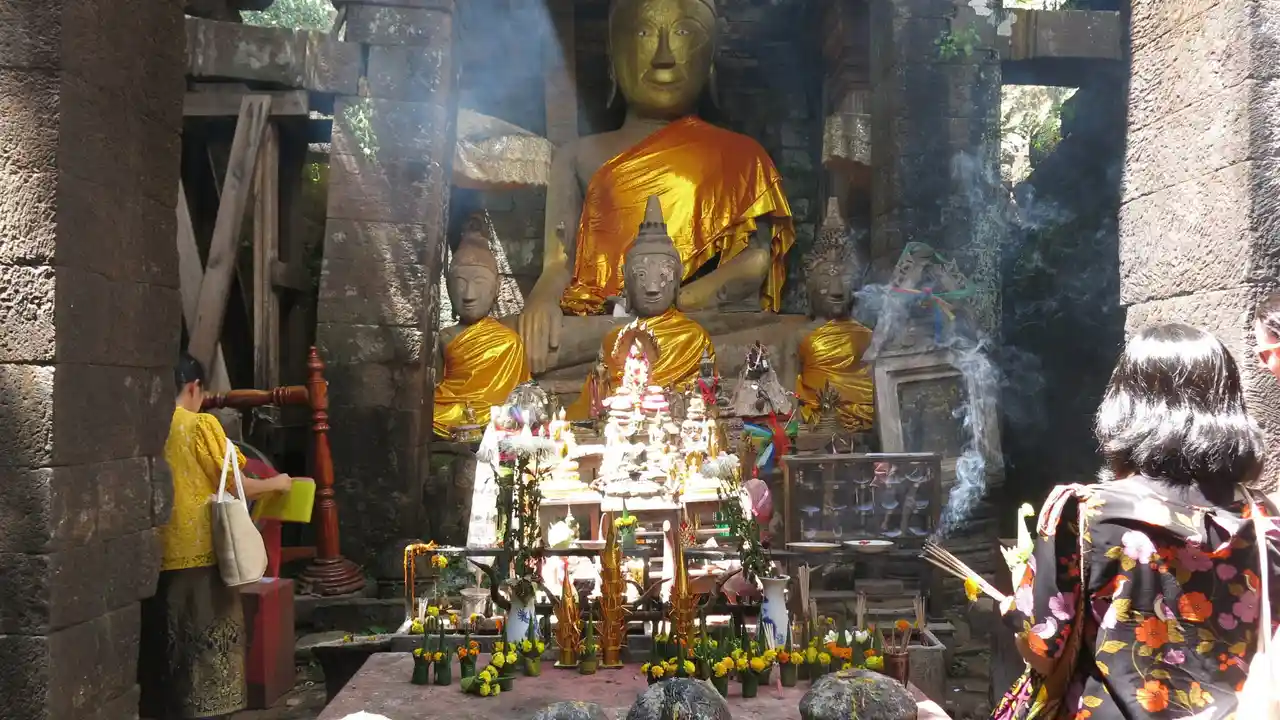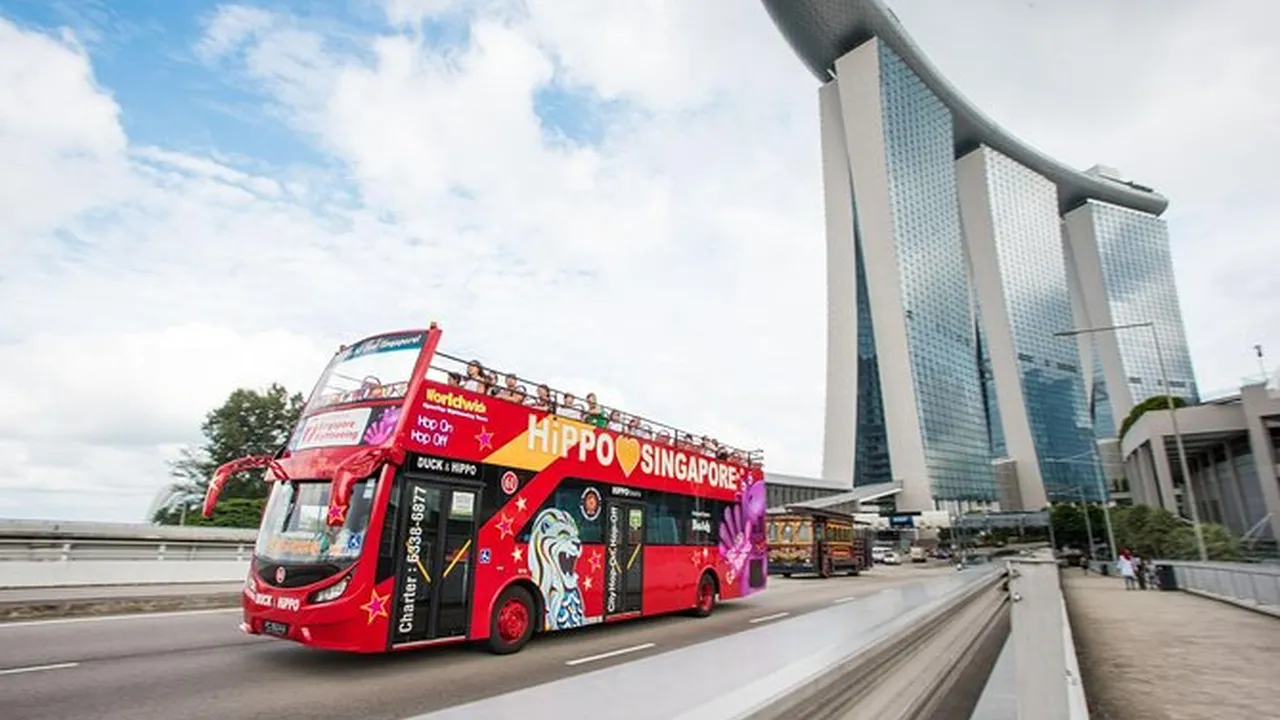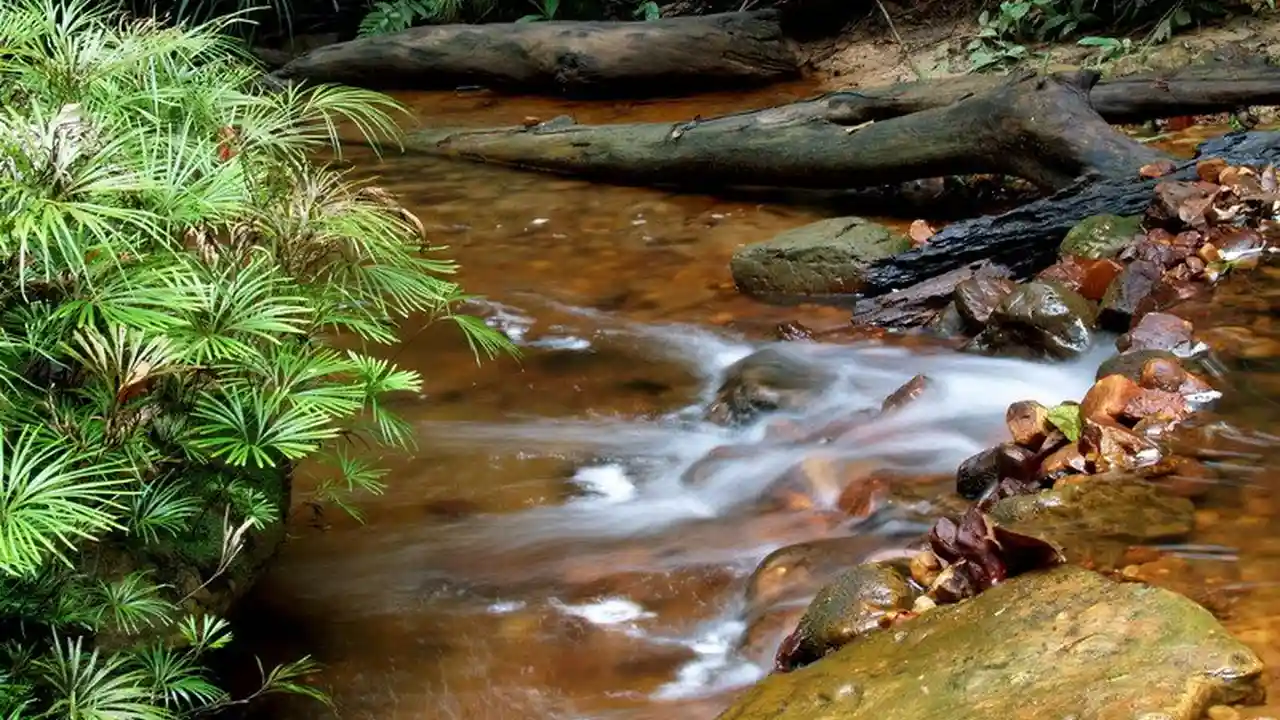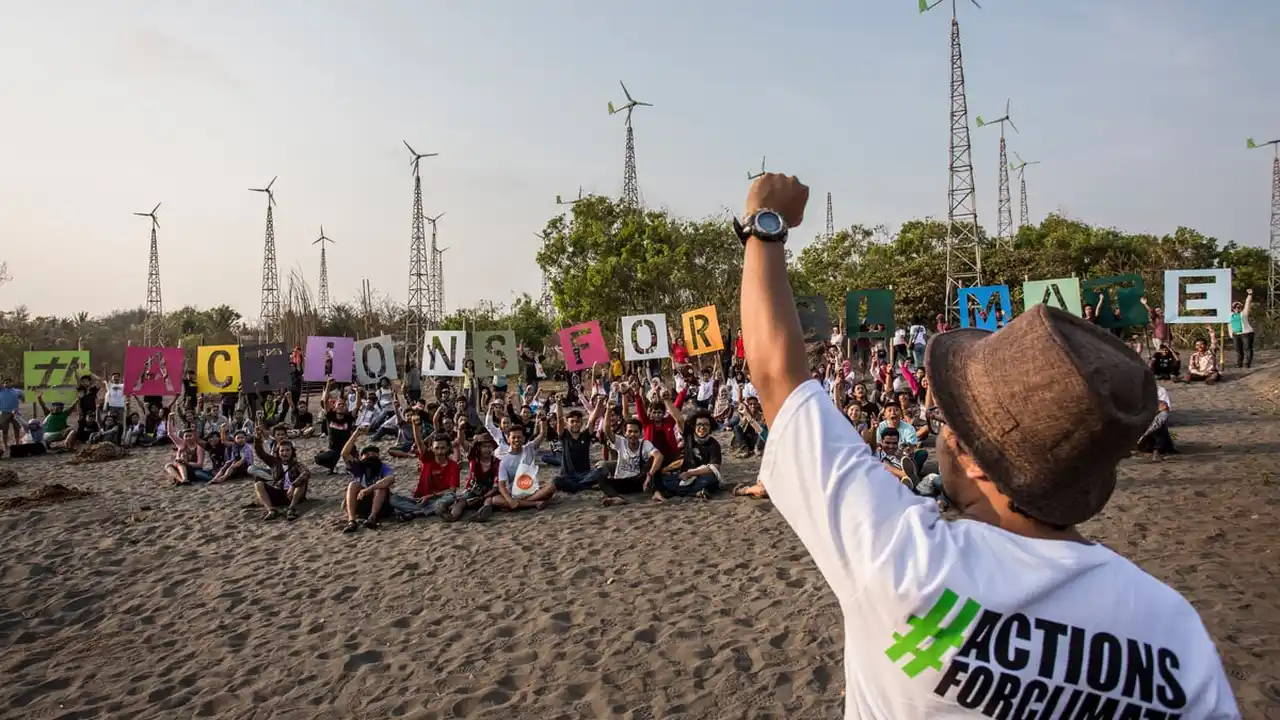5 Best Indonesian Weaving Workshops
Discover the art of Indonesian weaving with these five highly recommended workshops. Learn traditional techniques, create your own textiles, and connect with local artisans. Explore the rich cultural heritage of Indonesian weaving and its significance.
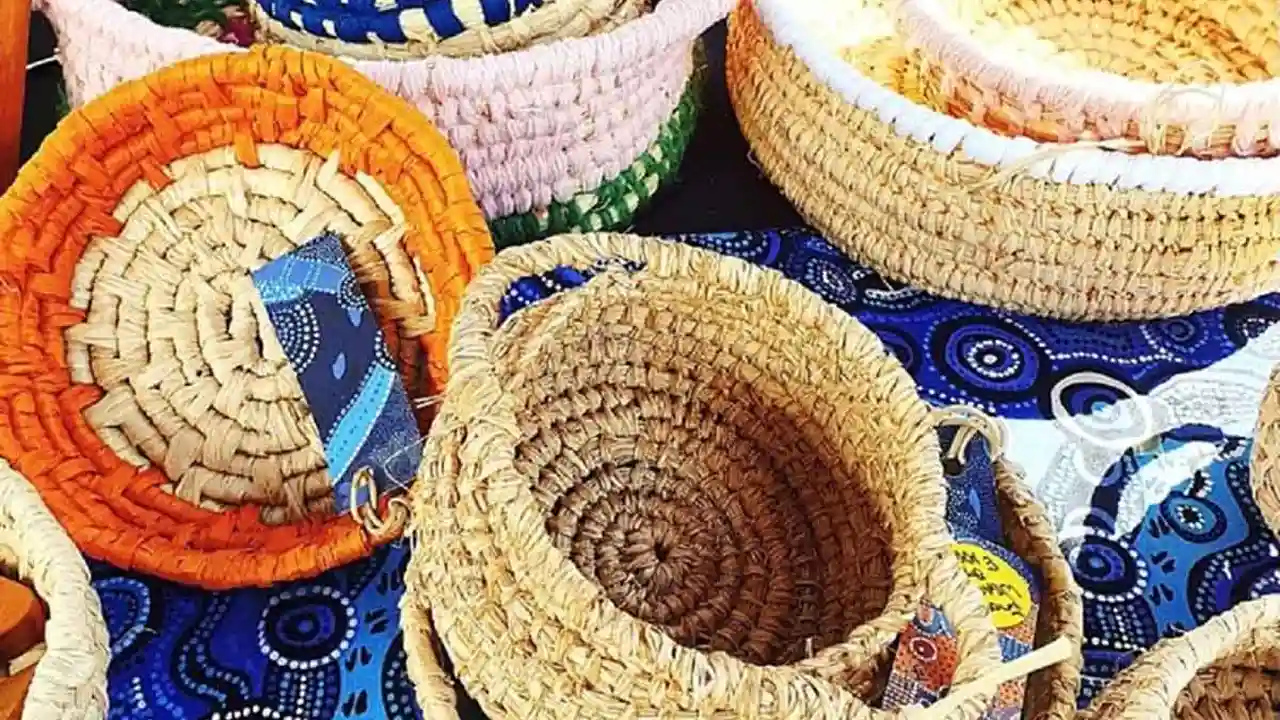
Indonesian Weaving Workshops A Cultural Immersion Experience
Okay, so you're thinking about diving deep into Indonesian culture, right? Forget the beaches and the tourist traps for a minute. Let's talk about something truly special: Indonesian weaving. It's not just fabric; it's history, art, and tradition all woven together (pun intended!). These workshops offer a unique chance to connect with local artisans, learn ancient techniques, and even create your own masterpiece. Ready to get your hands dirty (or should I say, colorful?)? Let's explore the five best Indonesian weaving workshops that offer an immersive cultural experience.
Workshop 1 Threads of Tradition Bali Weaving Techniques
First up is \"Threads of Tradition\" in Bali. Bali, as you know, is more than just a party island; it's a hub for incredible craftsmanship. This workshop focuses on traditional Balinese weaving techniques, particularly *ikat*. You'll learn how to prepare the threads, create intricate patterns, and operate a traditional loom. The best part? You get to take home your own woven creation. They also offer longer courses if you want to really master the craft.
Product Recommendation: They often use locally sourced cotton and natural dyes. You can buy a starter kit from them for around $50, which includes everything you need to practice at home: a small loom, dyed cotton threads, and basic instructions.
Usage Scenario: Imagine creating your own unique wall hanging or even a small bag. It's a fantastic way to bring a piece of Balinese culture into your home.
Workshop 2 Yogyakarta Batik Weaving Workshop Javanese Art Immersion
Next, let’s journey to Yogyakarta, the heart of Javanese culture. Here, you'll find workshops dedicated to *batik* weaving. Batik isn't just about applying wax and dye; it's a complex art form with deep cultural significance. \"Yogyakarta Batik Weaving Workshop\" offers hands-on classes where you’ll learn the *canting* technique (using a wax-resist tool) and the dying process. You'll also learn about the symbolism behind different batik patterns.
Product Recommendation: They sell pre-waxed fabric squares for practice, priced at around $30. These squares allow you to experiment with different dye colors and batik patterns without committing to a large project.
Usage Scenario: Create your own batik scarf or a small artwork. It's a unique souvenir and a testament to your newfound skills.
Workshop 3 Sumba Island Ikat Weaving Authentic Indonesian Craft
For a truly off-the-beaten-path experience, consider a weaving workshop on Sumba Island. Sumba is known for its incredibly intricate *ikat* textiles, often featuring bold colors and symbolic motifs. These workshops are usually organized by local communities and offer a chance to learn directly from master weavers. Be prepared for a more rustic experience, but the cultural immersion is unparalleled. \"Sumba Island Ikat Weaving\" focuses on natural dyes and traditional weaving methods passed down through generations.
Product Recommendation: Due to the remote location, products are often raw materials like naturally dyed threads and locally crafted wooden looms. A small skein of naturally dyed ikat thread can cost around $20, reflecting the labor-intensive process.
Usage Scenario: If you're feeling ambitious, try creating a small panel. Otherwise, purchasing the materials supports the local artisans and preserves their traditions.
Workshop 4 Lombok Sasak Weaving Traditional Textile Art
Lombok, just east of Bali, boasts its own unique weaving tradition, known as Sasak weaving. Sasak textiles often feature geometric patterns and vibrant colors. \"Lombok Sasak Weaving\" workshops usually take place in traditional villages and offer a chance to learn from local women. You'll learn about the history of Sasak weaving and the significance of different patterns. They will teach you how to make your own simple textile using a backstrap loom.
Product Recommendation: The workshops provide all the necessary materials. You can also purchase finished Sasak textiles directly from the weavers, ranging from small scarves ($25) to larger wall hangings ($100+), supporting the local economy.
Usage Scenario: A woven Sasak scarf makes a beautiful and unique accessory. Larger pieces can be used as wall art or even as throws for your furniture.
Workshop 5 Toraja Land Weaving Workshop Sulawesi Highland Culture
Venture to Toraja Land in Sulawesi, and you'll discover yet another distinct weaving tradition. Toraja textiles are known for their intricate designs, often depicting ancestor figures and scenes from daily life. These workshops offer a chance to learn about the cultural significance of Toraja weaving and the techniques used to create these stunning textiles. \"Toraja Land Weaving Workshop\" focuses on the *tenun* technique, which involves using a complex loom to create intricate patterns.
Product Recommendation: They sell small, woven panels featuring traditional Toraja motifs, priced around $40. These panels are often used in traditional ceremonies and make unique souvenirs.
Usage Scenario: These woven panels can be framed and displayed as art, bringing a touch of Toraja culture into your home.
Comparing Indonesian Weaving Workshops Location Cost and Immersion
So, how do you choose the right workshop for you? Here's a quick comparison:
- Bali: Most accessible, lots of options, good for beginners, can be touristy. Cost: $50-$100 per day.
- Yogyakarta: Centrally located, rich in Javanese culture, focuses on batik. Cost: $40-$80 per day.
- Sumba: Remote, authentic, deep cultural immersion, challenging to reach. Cost: $30-$60 per day (excluding travel).
- Lombok: Beautiful landscapes, traditional Sasak weaving, less touristy than Bali. Cost: $40-$70 per day.
- Toraja Land: Unique culture, intricate designs, off-the-beaten-path. Cost: $50-$90 per day (excluding travel).
Essential Indonesian Weaving Tools and Materials
Before you embark on your weaving adventure, it's helpful to know a little about the tools and materials you'll encounter. Here’s a quick rundown:
- Loom: The basic tool for weaving. Different regions use different types of looms, from simple backstrap looms to more complex floor looms.
- Threads: Cotton, silk, and other natural fibers are commonly used. The type of thread and the dying process vary from region to region.
- Dyes: Traditional dyes are often made from natural materials like plants, roots, and insects. Synthetic dyes are also used in some areas.
- Canting: A tool used in batik weaving to apply wax to the fabric.
Tips for Choosing the Right Indonesian Weaving Workshop
Here are a few tips to help you choose the perfect Indonesian weaving workshop:
- Consider your skill level: Some workshops are better suited for beginners, while others are more challenging.
- Think about your interests: Do you want to learn a specific technique, like ikat or batik?
- Factor in your budget: Workshop prices vary depending on the location and the duration of the course.
- Read reviews: See what other travelers have to say about the workshop.
- Book in advance: Popular workshops can fill up quickly, especially during peak season.
Ethical Considerations Supporting Local Artisans
It's super important to be a responsible traveler. When participating in these workshops, make sure you're supporting local artisans ethically. Look for workshops that:
- Pay fair wages: Ensure that the artisans are being compensated fairly for their time and skills.
- Use sustainable materials: Choose workshops that prioritize natural dyes and eco-friendly practices.
- Respect local traditions: Be mindful of cultural customs and traditions.
- Avoid bargaining aggressively: Remember that these textiles are often the result of hours of labor.
Beyond the Workshop Exploring Indonesian Textile Markets
Even if you don't participate in a workshop, visiting Indonesian textile markets is a fantastic way to experience the country's weaving traditions. You'll find a huge range of textiles, from simple cotton scarves to elaborate ceremonial cloths. Be prepared to haggle, but always be respectful of the artisans and their craft.
Planning Your Trip to Indonesian Weaving Workshops
Ready to go? Here are some practical tips for planning your trip:
- Best time to visit: The dry season (April to September) is generally the best time to visit Indonesia.
- Visas: Check visa requirements for your nationality.
- Flights: Book your flights in advance to get the best deals.
- Accommodation: Choose from a range of options, from budget guesthouses to luxury resorts.
- Transportation: Use local transportation like buses and trains to get around.
:max_bytes(150000):strip_icc()/277019-baked-pork-chops-with-cream-of-mushroom-soup-DDMFS-beauty-4x3-BG-7505-5762b731cf30447d9cbbbbbf387beafa.jpg)



